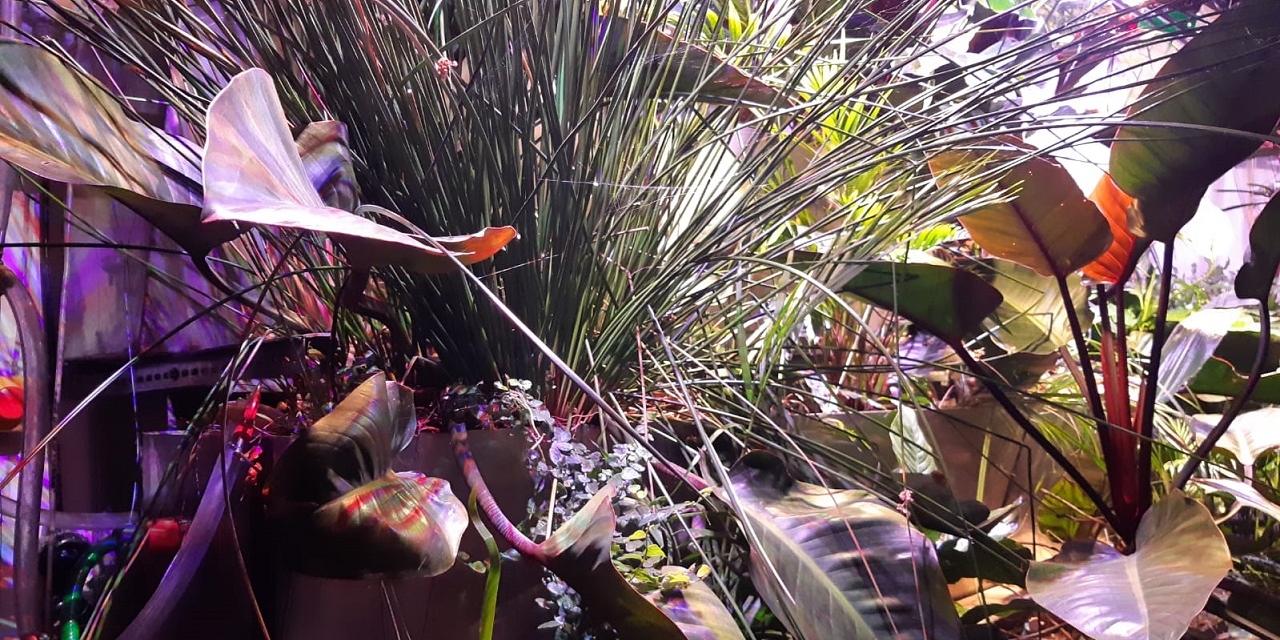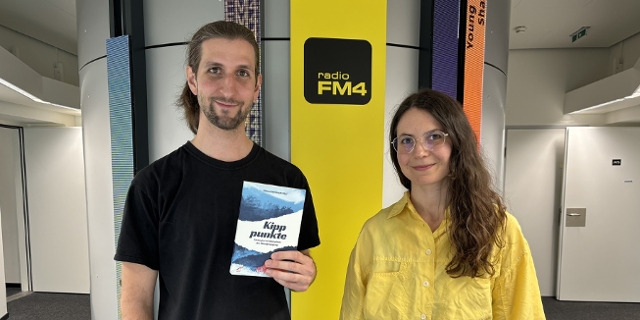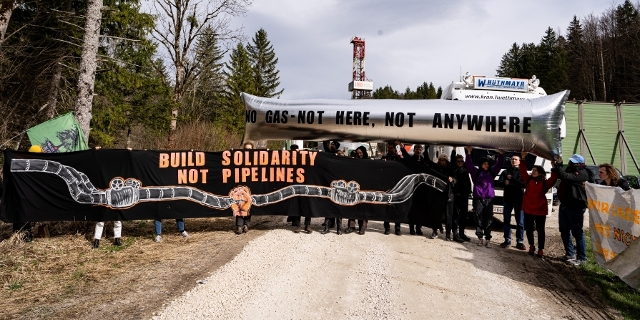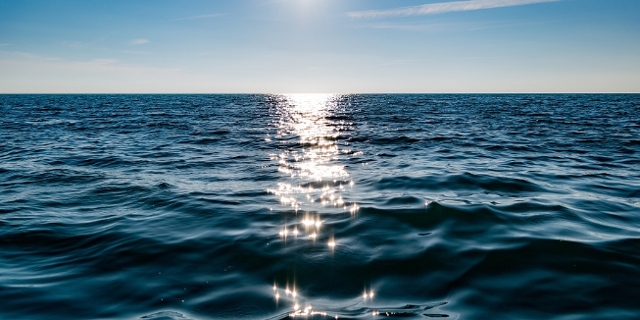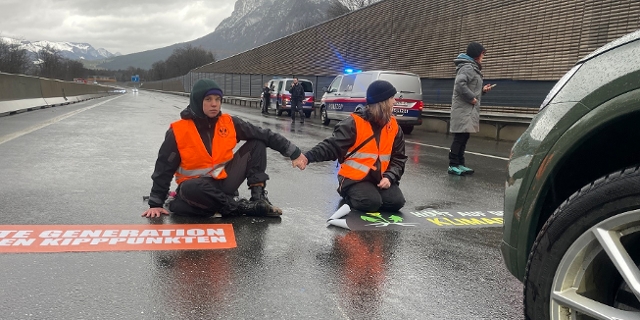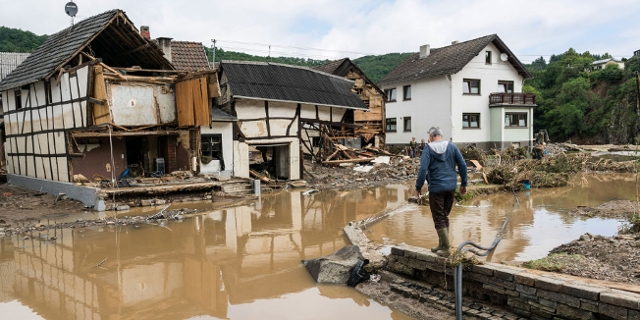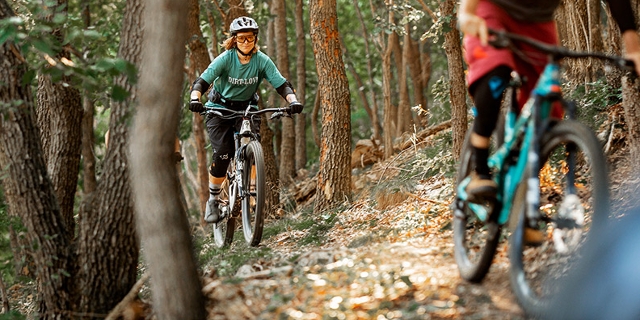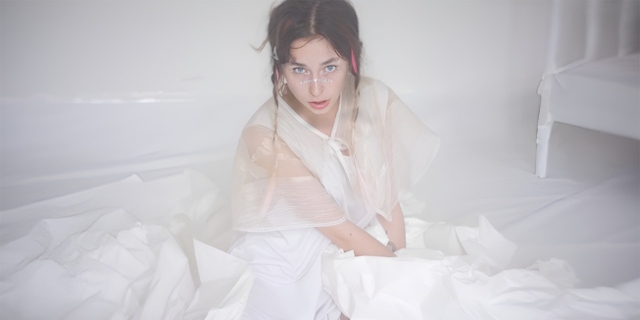The Power Of Poo
If, at a dinner party, you announce you are powering your own home with off-the-grid solar panels or wind-turbines; it’s likely you’ll get admiring looks and comments. You’ll feel hip. If you say, however, you are heating it with your own faeces and directing your urine into the houseplants; I’m not sure the response would be quite so positive. You’d probably be considered a freak.
But maybe it is time to end that squeamishness, to embrace the circular economy to its natural conclusion and harness the power of poo.
As the father of a 2-year old, you might think my life was already saturated with that typical toddler enthusiasm for bodily functions - but, like so often in life, perhaps the kids are right. They’re so open about what we prudishly call „human waste“. We flush it away and never mention it in polite company. But what if it wasn’t seen as waste but rather as a resource?
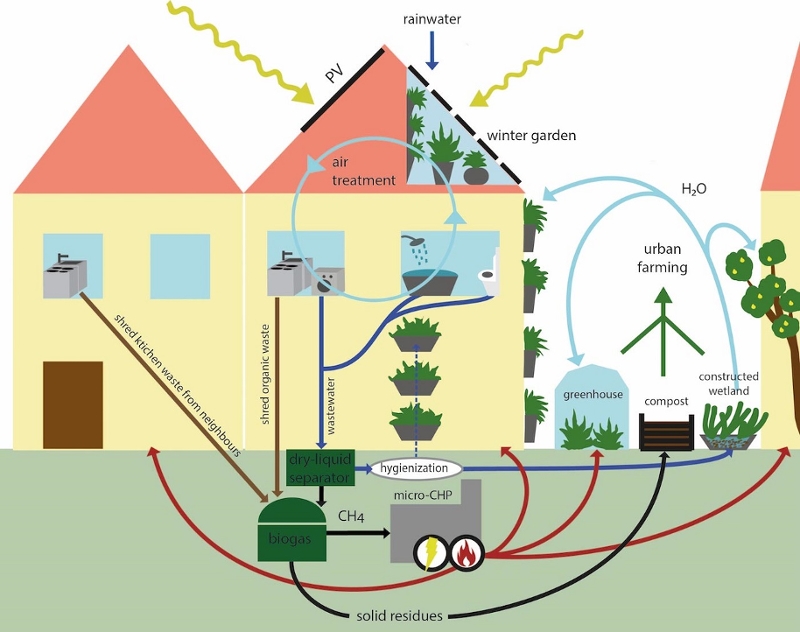
Alchemia Nova
Helene Pattermann has invited me to a villa in Vienna’s 14th district which is exploring ways of embracing what she calls „nature-based“ solutions. She and her colleagues at the research institute alchemia-nova are adapting the waste-free principles of the circular economy to households, trying to make them more efficient, healthy and ecological.
„In nature there is not waste,“ Helene says, „So we are looking at whether we create a society with that sees everything as a resource?“
Zero Waste
It’s going to take a million small steps in our economies and lifestyles if we are to avoid serious environmental collapse, and plumbing seems a good place to start. Managing director Francesco Menconi, a South African with Italian heritage broaches the taboo subject of sewage: „All the potential energy streams that come into the house need to be somehow bent backwards into the house to not lose any potential resources,“ he tells me. That means using food thrown in our dustbins but also food that has passed through our bodies:
„What we are saying is that we can capture this and pass it through technologies to create biogas and use that energy that comes from there,“ says Francesco, „or also as compost and use that compost in urban farming and with other applications within the household.“
A Double Blessing
When we flush away our poo, that is a loss of potential nutrients and potential energy. Austria has a very advanced sewage system, but, in many countries, sewage is pumped out to sea or even directly into rivers; causing massive ecological and health problems. The house in Vienna has a system for retaining the nutrients, useful in enriching soil, while also turning the sewage into bio-gas.
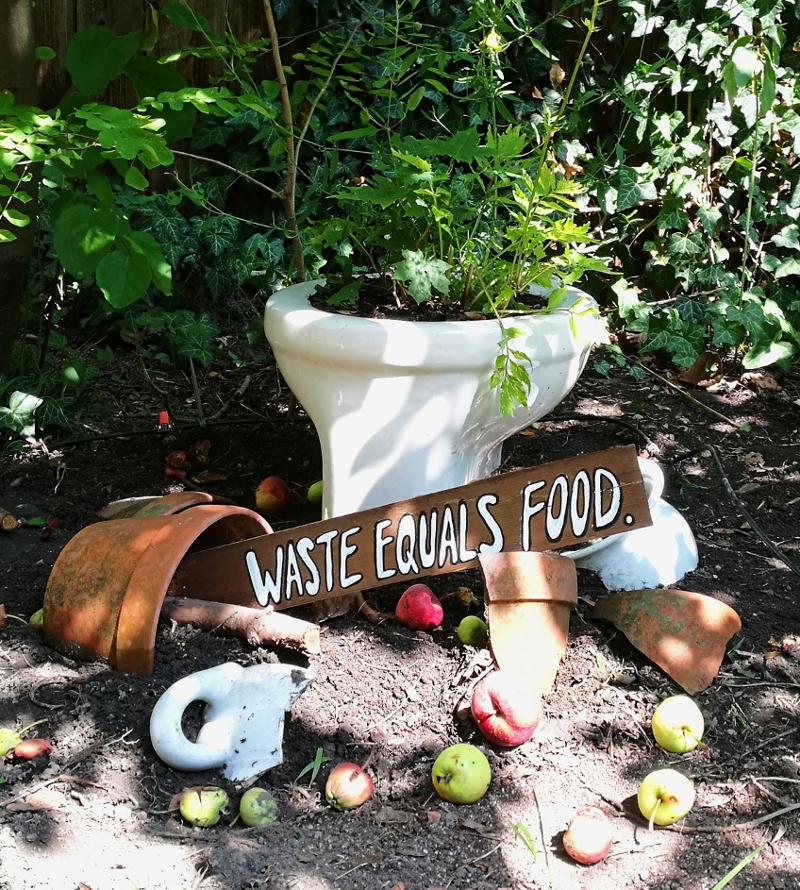
Alechemia Nova
A recent U.N. report estimates that globally, human waste converted to fuel could have a value of about $9.5 billion. More than half of faeces is made up of water, the rest is gaseous form of methane caused by the breakdown of bacteria and, finally, a solid residue which has an energy content similar to that of coal, once it has been dried and concentrated.
Safe Disposal
It’s not a particularly new system, but this is usually done on a large scale; alchemia-nova is trying to create systems for individual buildings or even households. The process is necessarily complex: sewage – the flushing system - was developed to stop the spread of disease. It takes state-of-the-art technology to use poo safely.
„First there is a separation of the liquids and the solids, and the solids go into a digester, and in that process all the pollutants are killed,“ explains Francesco.
„Then that goes into a composter and in the composter further changes happen and at that point, and indeed at every point, we test the pollutant contents, the contaminant content to make sure it is safe and that everything has been treated correctly.“
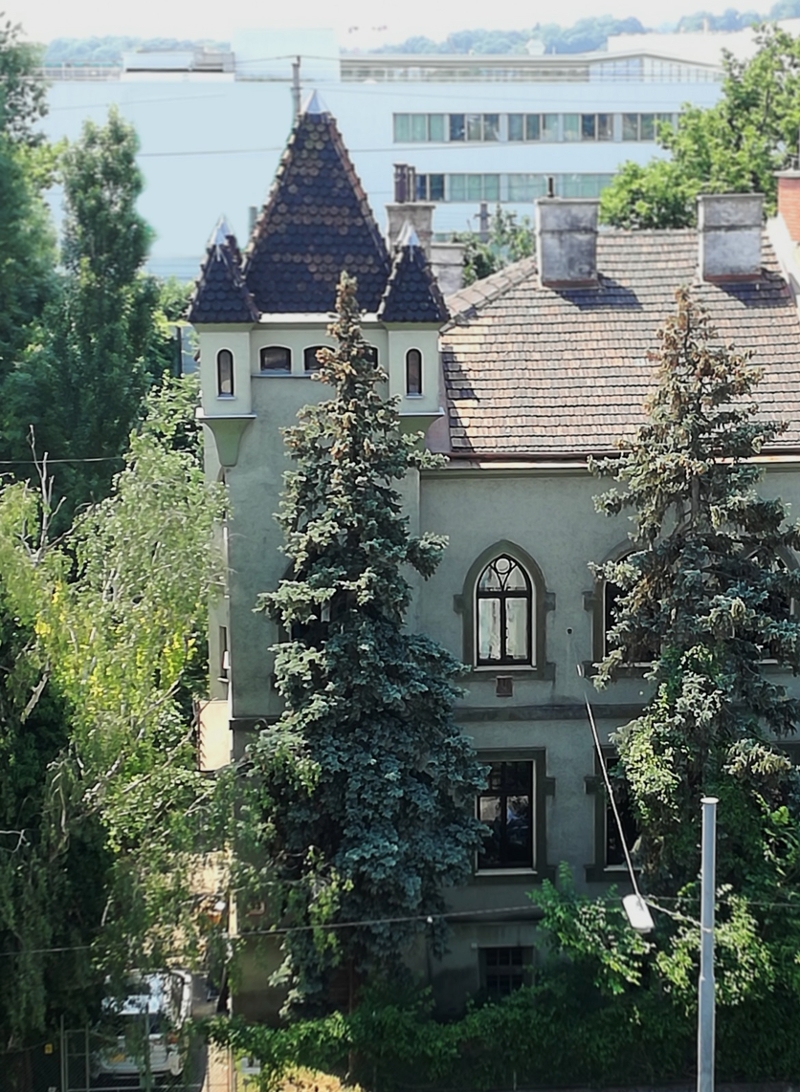
Alchemia Nova
The villa in Vienna’s 14th district
The house also uses urine to help boost growth. Urine is full of nitrogen – the average human produces 4.5kg of nitrogen every year according to the World Health Organisation – as well potassium and phosphorus. These are all nutrients that plants need to thrive.
Yet as we flush away our urine, with litre upon litre of extra water, we concurrently spend lots of money producing artificial fertilizers with pretty much the same nutrients. Since industrial fertilizer production is usually powered by fossil-fuels, this also emits lots of carbon dioxide.
At the villa in the 14th district the team dilutes human urine with rainwater they collect; and then, as Francesco explains, „by passing that through a plant-based system we can recollect the nutrients that are in the urine to enhance the plants growth.“
The plants are also used to regulate the air in the house: Francesco shows me a giant leafy house plant in a transparent cabinet: It is an air plan-filter. „The idea is that through the use of plants and microbial activity that happens at the root zone, we will draw air from the rooms, pass it through the cabinet, pass it through the root zone of the plant and thereby purify it of the PM (particulate matter) content and the VOCs (volatile organic compounds).“
In the cellar, Francesco shows me the most spectacular of the villa’s water purifying installations. It’s a vertically constructed wetland that alchemia-nova has named Vertigo. It looks like a brightly lit rainforest sprouting in verdant glory from the basement wall. Some leaves are giant and look like green elephant ears, others are spiky like a verdant explosion. Behind the curtain of plants, I can see a complicated system of pipes.
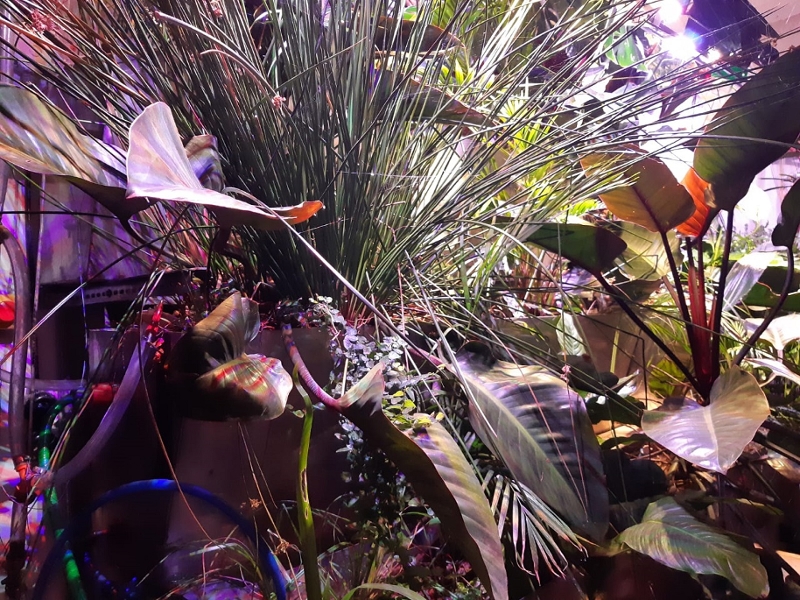
Helene Pattermann
It works like this: Various containers lined up vertically and are fed with used water from the washing machine, from the showers and from basins. Francesco calls this „grey water“. It’s contaminated with detergents - a serious environmental problem – but these plants can clean it all up. „They’ve been specially selected to be robust enough to deal with these kinds of contaminants. Basically, the water is passed at the correct flow rate through the root zones of these plants and at the end it can be made available again for flushing toilets and washing fabrics and so on.“
These are prototype systems and the initial plumbing is fairly complicated, when not considered in the planning of the building but if the idea catches on, the hope is that newly built houses could come ready-equipped for this sort of system. As a home owner, all you’d have to do is a bit of pruning and make sure they get enough light, with solar-powered lamps helping out when not enough natural light is available.
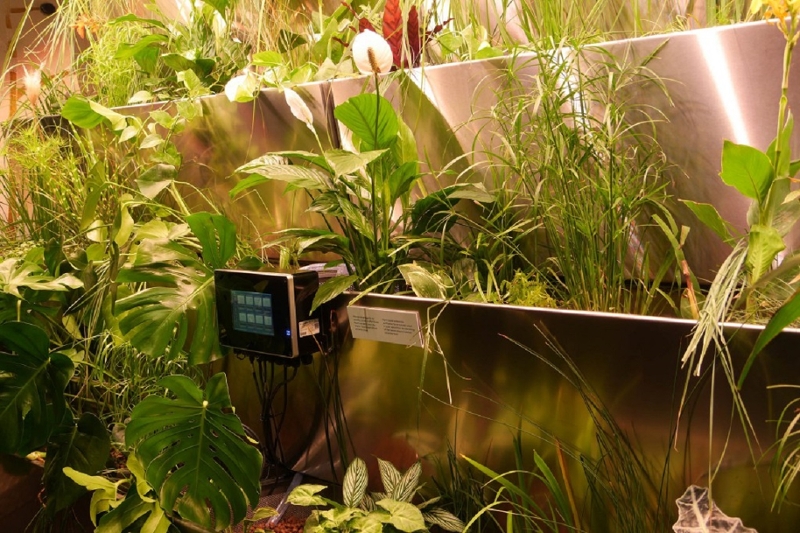
Alchemia Nova
There’s another less-tangible aspect to this vertical wetland. The green wall of many shaped leaves purifies water and improves air quality, but it is also pleasing to the eye, and, on me at least, has a calming effect.
The future has to be be less-wasteful, with the positive side-effect, that it is beautiful, when we include plants in our solutions for a circular economy.
Publiziert am 29.11.2019







